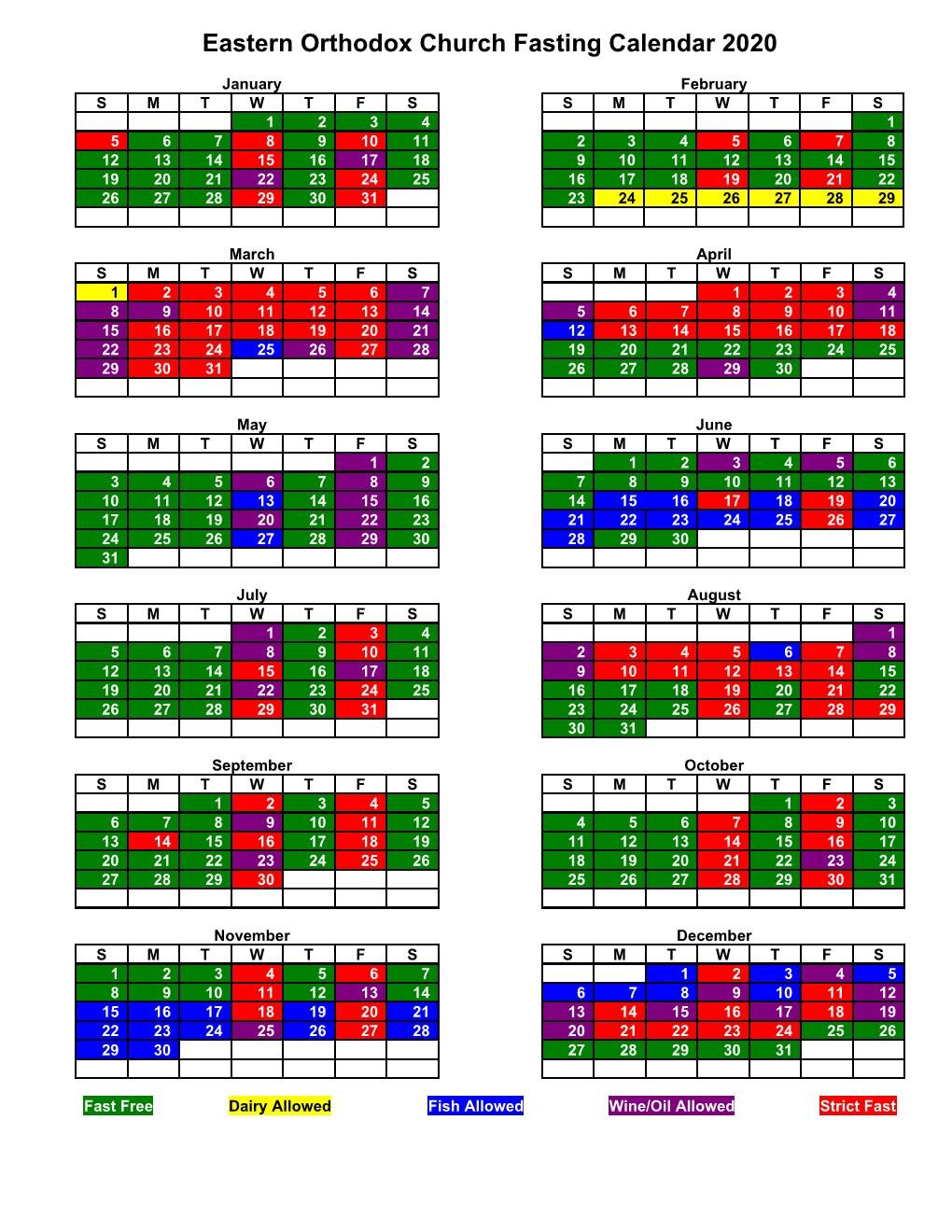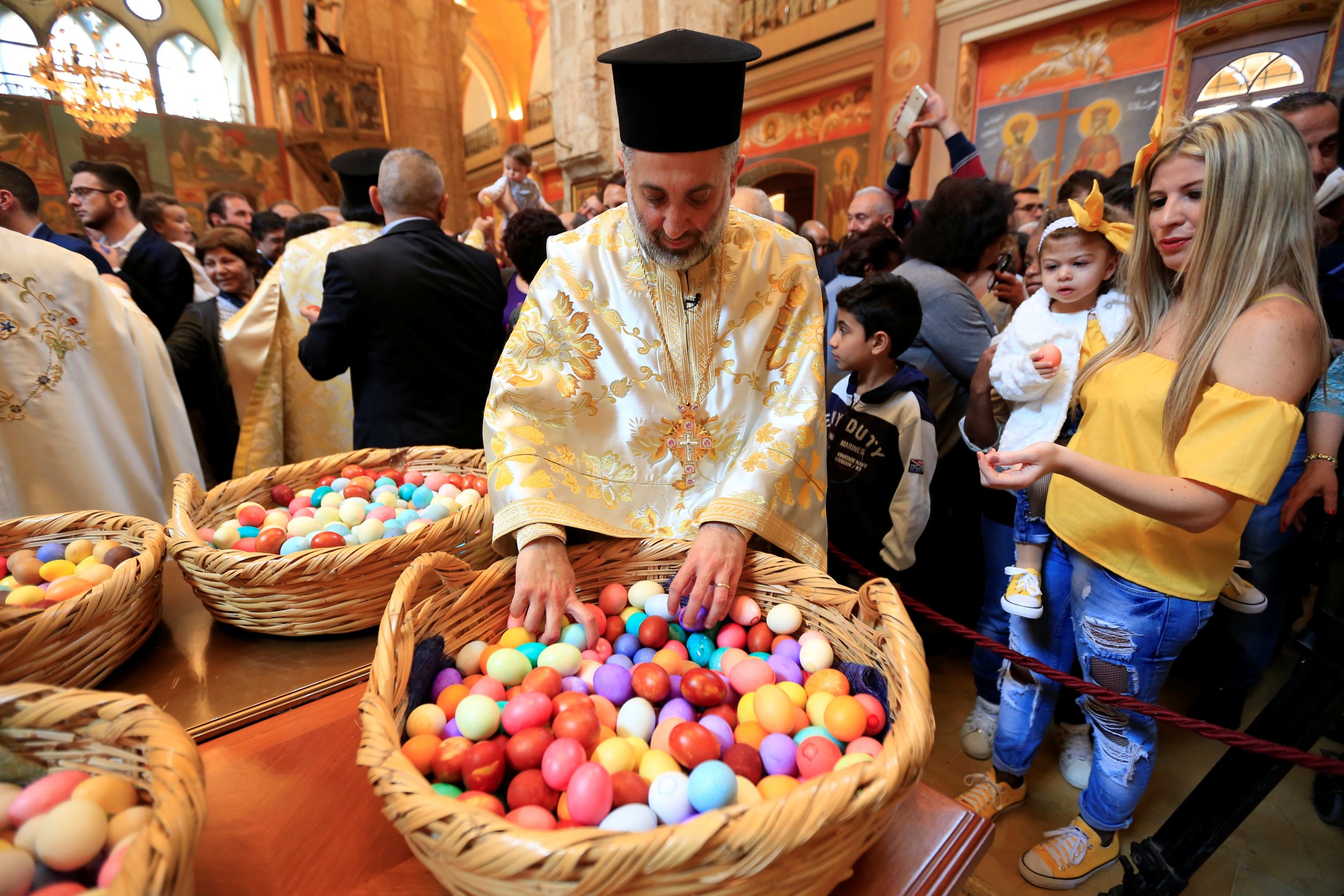Orthodox Easter Calendar 2023: Dates, Traditions, And Meaning
Editor's Notes: "Orthodox Easter Calendar 2023: Dates, Traditions, And Meaning" have published on Date. Orthodox Easter is celebrated by Orthodox Christians around the world, and the 2023 calendar has been released. It provides important dates, traditions, and the meaning behind this significant religious holiday. Understanding the Orthodox Easter Calendar 2023 is crucial for those observing the holiday, as it helps them plan and participate in its rituals and festivities.
Our team has analyzed the Orthodox Easter Calendar 2023, digging into the traditions, dates, and meaning behind this important religious holiday. We aim to provide a comprehensive guide to help readers understand and appreciate the significance of Orthodox Easter.
Key Differences: Orthodox Easter vs. Western Easter
Transition to main article topics:
FAQ
For further information about the Orthodox Easter Calendar 2023, please refer to the comprehensive article Orthodox Easter Calendar 2023: Dates, Traditions, And Meaning.
/OrthodoxEaster-57403511-5c7ad0bb46e0fb0001edc835.jpg)
Greek Orthodox Fasting Calendar 2022 - April 2022 Calendar - Source calendargdvwvwpi.blogspot.com
Question 1: When is Orthodox Easter celebrated in 2023?
Orthodox Easter is celebrated on Sunday, April 16, 2023, according to the Julian calendar used by some Orthodox churches. However, other Orthodox churches that follow the Revised Julian calendar observe Easter on Sunday, April 23, 2023.
Question 2: What are the main traditions associated with Orthodox Easter?
Orthodox Easter traditions include fasting during Great Lent, attending church services, decorating Easter eggs, and sharing festive meals with family and friends.
Question 3: What is the significance of the Orthodox Easter egg?
The Orthodox Easter egg symbolizes the resurrection of Jesus Christ and new life. It is often decorated with religious symbols, such as the cross, or with traditional folk designs.
Question 4: What is the meaning of the Paschal candle in Orthodox Easter?
The Paschal candle represents the light of Christ that overcomes darkness and symbolizes victory over death and sin.
Question 5: How is Orthodox Easter different from Western Easter?
Orthodox Easter is typically celebrated on a different date than Western Easter due to the use of different calendars. Orthodox Easter also has its own unique traditions and liturgical practices.
Question 6: What is the message of hope and renewal associated with Orthodox Easter?
Orthodox Easter celebrates the triumph of life over death, offering hope and renewal for all.
In summary, Orthodox Easter is a significant religious holiday with rich traditions and deep spiritual meaning. It is a time for reflection, celebration, and the renewal of faith.
Tips for Observing Orthodox Easter
Orthodox Easter is a significant religious holiday celebrated by millions around the world. The celebration is rich in traditions and rituals. Here are some tips to help you observe Orthodox Easter in a meaningful and respectful way:
Orthodox Easter 2023 Fasting Dates Easter orthodox catholic eggs why - Source easterbankholiday2023date.pages.dev
Tip 1: Learn about the history and significance of Orthodox Easter.
Orthodox Easter commemorates the resurrection of Jesus Christ. It is one of the most important holidays in the Orthodox Christian calendar. Understanding the history and significance of the holiday will help you appreciate its importance.
Tip 2: Fast before Easter.
Orthodox Christians typically fast for 40 days before Easter. Fasting helps to prepare the body and mind for the celebration. It is a time of reflection and prayer.
Tip 3: Attend Holy Week services.
Holy Week is the week leading up to Easter. It is a time of intense prayer and reflection. Attending Holy Week services is a way to connect with the Orthodox community and prepare for Easter.
Tip 4: Celebrate Easter Sunday with family and friends.
Easter Sunday is a day of celebration. Orthodox Christians gather with family and friends to share a meal and fellowship. It is a time of joy and gratitude.
Tip 5: Share the joy of Easter with others.
Orthodox Easter is a time to share joy with others. Volunteer at a homeless shelter or soup kitchen. Visit a nursing home or hospital. Let others know that they are loved and cared for.
These tips will help you observe Orthodox Easter in a meaningful and respectful way. Remember, the most important thing is to connect with the deeper meaning of the holiday and to celebrate the resurrection of Jesus Christ.
Orthodox Easter Calendar 2023: Dates, Traditions, And Meaning
The Orthodox Easter Calendar 2023 holds deep religious significance, centering around specific dates, traditions, and the profound meaning of the holiday.
- Dates: April 16th
- Traditions: Dyeing Eggs, Paska Bread
- Meaning: Resurrection of Christ
- Liturgy: Midnight Service, Feast
- Symbolism: New Life, Renewal
- Community: Family Gatherings
These aspects intertwine to create a rich tapestry of observance. The date marks the culmination of Lent and the joyous celebration of Christ's resurrection. Traditions like egg dyeing symbolize new life, while Paska bread represents the body of Christ. The liturgy's solemnity captures the spiritual essence, and community gatherings reinforce the bonds of faith and family. Understanding these key aspects deepens our appreciation for the Orthodox Easter Calendar 2023 as a time of both religious and cultural significance.

Greek Orthodox Easter Calendar - Source ar.inspiredpencil.com
Orthodox Easter Calendar 2023: Dates, Traditions, And Meaning
Orthodox Easter is a moveable feast, meaning that it does not fall on the same date every year. The date of Orthodox Easter is determined by the Julian calendar, which is 13 days behind the Gregorian calendar that is used by most of the world. In 2023, Orthodox Easter will be celebrated on Sunday, April 16th.

When Is Orthodox Easter This Year 2024 - Junie Melissa - Source daveenqpaloma.pages.dev
Orthodox Easter is a time of great joy and celebration for Orthodox Christians. It is a time to remember the sacrifice that Jesus Christ made for us on the cross and to celebrate His resurrection from the dead. Orthodox Easter is also a time to gather with family and friends and to share in the joy of the feast.
There are many traditions that are associated with Orthodox Easter. One of the most popular traditions is the blessing of the Easter baskets. On the Saturday before Easter, Orthodox Christians bring baskets filled with food to church to be blessed. The food in the baskets typically includes eggs, cheese, bread, and wine.
Conclusion
Orthodox Easter is a time of great joy and celebration for Orthodox Christians. It is a time to remember the sacrifice that Jesus Christ made for us on the cross and to celebrate His resurrection from the dead. Orthodox Easter is also a time to gather with family and friends and to share in the joy of the feast.
The Orthodox Easter calendar is a valuable resource for Orthodox Christians. It provides information on the dates of Orthodox Easter and other important feasts and fasts. The calendar also includes information on the traditions and customs that are associated with Orthodox Easter.
Posting Komentar